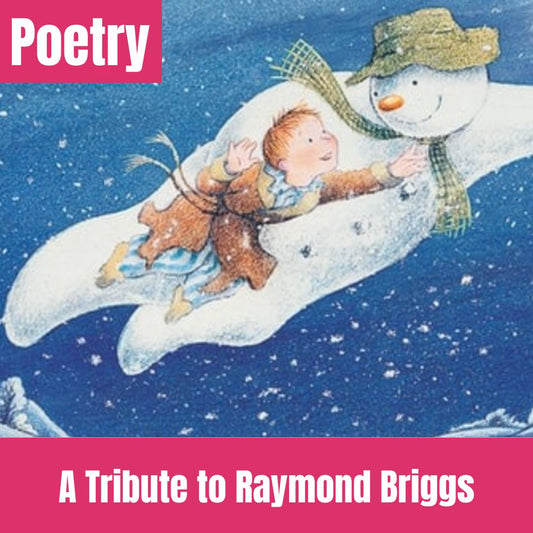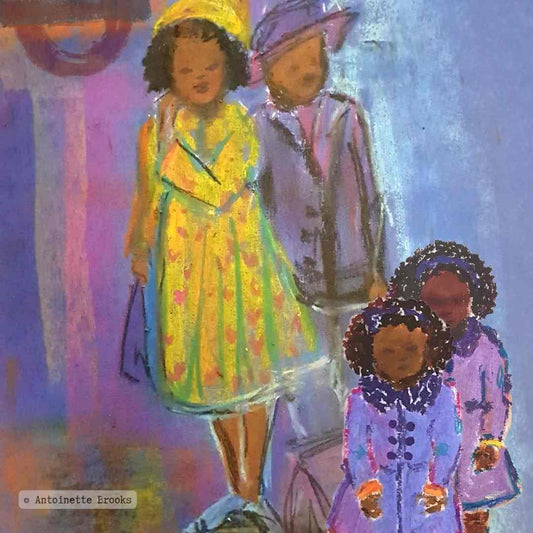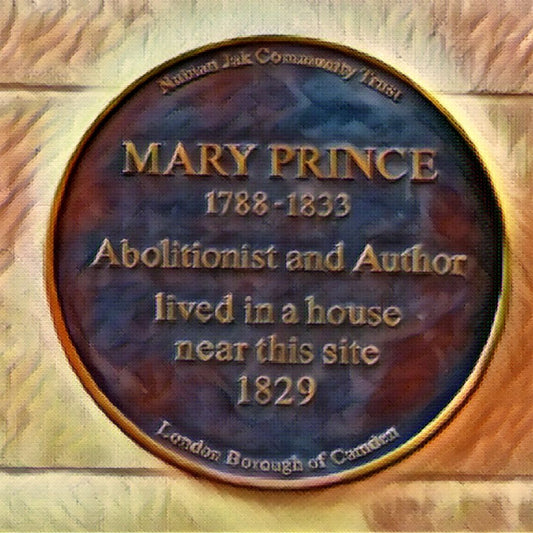You might not have heard of Iqbal Masih, but he was a young boy who lived and worked as a "debt slave" and then spent his life bravely campaigning for the rights of other children who were held in bondage too. Tragically, his life was cut short when he was just 12 years old but his bravery and spirit continue to inspire others. Want to know more about him? Then read on...
Once upon a time there was a young boy called Iqbal. He lived with his family just outside Lahore, a city in Pakistan. They were a poor Christian family, and very often it was hard for them to find food.
Iqbal's mother was ill too, and needed an operation. No matter how he tried, his father couldn't raise the money that he needed, so in the end Iqbal's parents decided to take out a loan. But they didn't use their names, they used Iqbal's name and borrowed 600 rupees for the cost of the operation. This was only a small amount of money - less than $100 - but for the family, this was a vast sum, and although the operation was successful, the family now had another problem. Iqbal was now what was known as a "debt slave."
So Iqbal became what was known as a "debt slave". He had to work for someone to pay off the money that had been loaned. His life now belonged to the local business man who had lent them the money.
He owned a large carpet factory, so early every morning Iqbal had to rise before dawn, and, wiht hardly any food in his belly, spend his days working in the carpet factory. He was only five years old when he began working, and at times he had to walk the dark country roads at midnight to reach the factory and work for several hours, making carpets.
Iqbal, and the other small children around him, worked for 12 hours a day and for seven days a week with only a 30 minute break. No matter how hard he worked, he couldn't repay the loan as interest was added to the loan each day, making it impossible for it to be paid off.
The factory owners tied Iqbal and other small children like him to the carpet looms, so they would not be able to escape. Many times, they coughed and choked as the dust from the carpets irritated their lungs. For this, they would often be beaten and told to work harder.
This was Iqbal's fate for five long years, until one day, he summoned the courage to run away. At first, the police returned him to the factory because they were given a reward whenever they returned any children.
The factory owners tied Iqbal with chains and beat him severely as punishment.
But Iqbal managed to runaway once more. He met a man who worked for the Bonded Labour liberation Front. This man explained that debt slavery was illegal in Pakistan. He gave iqbal a letter of freedom and helped him attend a school for former child slaves.
Iqbal loved school. He was so bright he completed his education in two years instead of four. He encouraged his fellow pupils, reminding them that their lives had changed now they were free. Soon he was speaking to other children who were debt slaves just as he had been, and encouraging them to leave and get an education.
Over 3,000 children listened to Iqbal and left the cruel conditions that they were in.
But all was not well.
When Iqbal returned to his home town to visit his family he was told his life was in danger. The business owners were angry that so many children had left their factories. They felt that they hadn't repaid their families debts, and they blamed Iqbal for this.
Soon Iqbal was travelling around the world,to places such as Sweden and the United States. He told these countries about the evils of debt slavery and encouraged them to help. Iqbal was such an eloquent and passionate speaker, that people listened to him. He was interviewed in newspapers and appeared on television. Reebok gave him their Human Rights Youth Action Award and he was promised a scholarship to study law at university when he was older.
But Iqbal didn't get the chance to fulfil his dreams. He had made the powerful carpet owners very angry. They did not like this young boy who travelled the world and caused people to look at the inhumane treatment they gave to children. And when Iqbal returned home to visit his family one Easter Sunday, his life ended when he was shot and killed while riding a bicycle with his two cousins.
He was just 12 years old.
It was said that he was killed by people sympathetic to the carpet manufacturers. In his young life he had received many death threats from them as they strove to silence his voice.
But Iqbal's dream did not die. He was the first person to receive the World's Children's Prize in honour of his life's work. And the Iqbal Masih Foundation has launched over 20 schools in Pakistan in his memory. Iqbal would have been proud of this because he always said, "Children should have pens in their hands not tools."
Although Iqbal did not live to see every child freed from debt slavery, for his valour and determination, he is indeed a Young Hero.



